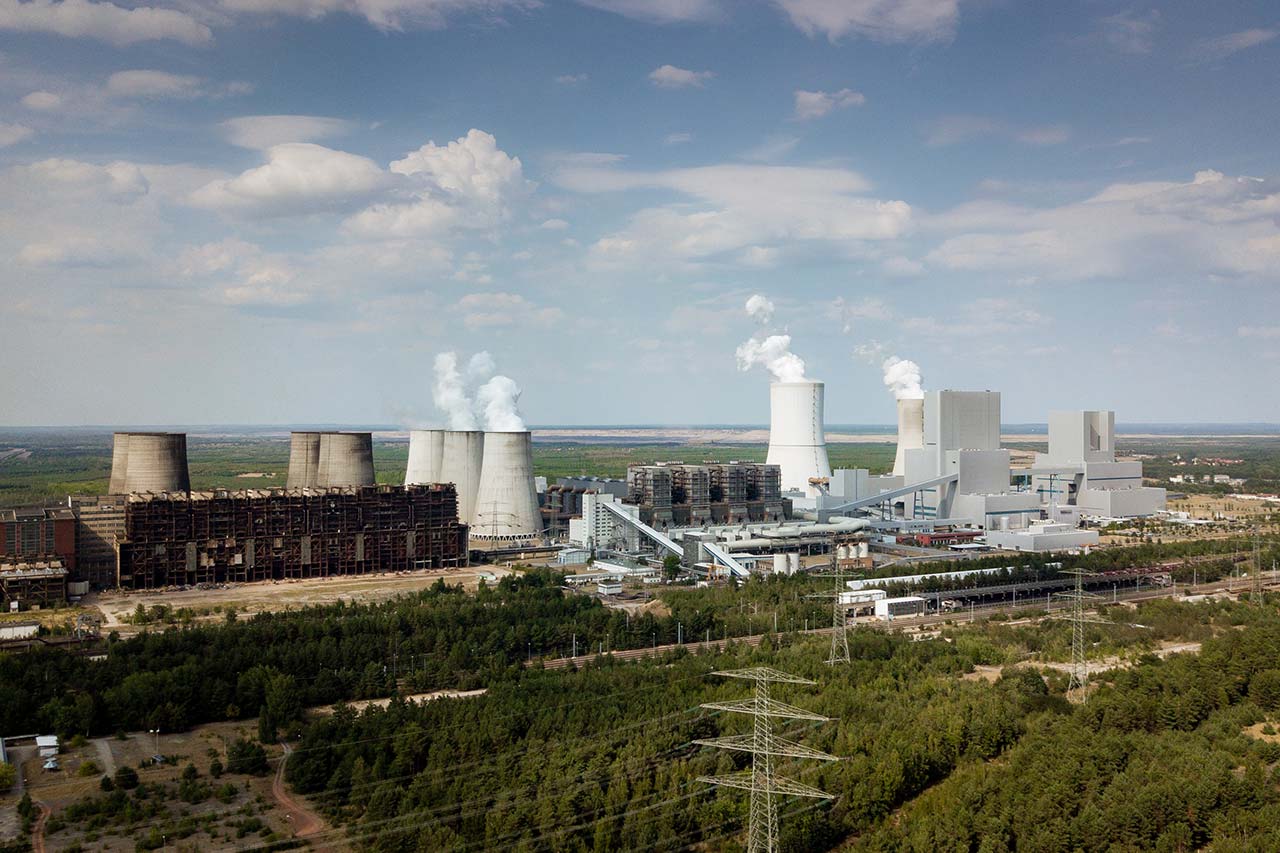Vietnam's Competitiveness: Rising in 2019 Global Competitiveness Ranking
- Vietnam's competitiveness rose to 10th and improved to 67th (2019 world competitiveness ranking)
- Vietnam is highly evaluated for its market size and ICT, while its technological strength and system are low
- Vietnam's business environment attracts attention from overseas companies
Vietnam's business environment has recorded rising rankings according to the World Economic Forum's 2019 Global Competitiveness Ranking.
This report covers 141 countries, which account for 99% of the world's GDP. The report measures multiple factors, including institution, infrastructure, ICT adoption, macroeconomic stability, health, technological strength, product markets, labor markets, financial systems, market size and innovation capacity.
According to this report, Vietnam ranked 67th in 2019, rising 10th from last year's ranking. In addition, the report makes East Asia the most competitive region in the world, with Singapore ahead of the United States in the lead. Next to East Asia, Europe and North America have records.
Vietnam is highly rated in terms of market size and ICT
Vietnam was ranked highest in terms of market size and information and communication technology (ICT). Market size is determined by GDP and imports of goods and services. The ICT rating is determined by the number of internet users, mobile phones, mobile broadband, fixed internet and subscription services.
Vietnam has low technology and system is low
On the other hand, as a field where the evaluation was bad, it was an element of technical ability and system. Technical capabilities are analyzed and evaluated by combining the current and future domestic technical capabilities. The system is evaluated by security, transparency, corporate governance, and the public sector.
Vietnam has a positive impact on the world economy
Vietnam has long been well known as a manufacturing base.
Free trade agreements with Vietnam and cheap labor costs have allowed investors to move their businesses. As a recent trend, more and more companies are expanding into Vietnam due to the deterioration of trade relations between the United States and China. According to a Bank of America survey, exports to the United States recorded a $600 million surplus.
The report also reports on the following points:
Vietnamese labor force
Vietnam's cheap labor force attracts more companies as Vietnam benefits from the US-China trade war. There are not many skilled workers, many are young and need education, and the reality is that training takes time. Therefore, the government needs to develop vocational training schools and technical centers.
Vietnam Corporate Governance
While direct investment in Vietnam has shown an increase due to the benefits of each country's free trade agreements, it faces corporate governance issues. The Vietnam National Securities Commission has published a report on Vietnamese corporate governance to public companies.
However, some companies point out that there is a continuing problem with obtaining information. When conducting business operations, it is necessary for governments to take the initiative in promoting legal compliance, as there are circumstances in which banks and government agencies may require non-regular fees and bribes.
Vietnam's business environment attracts attention from overseas companies
While the business environment in Vietnam has various problems, many companies are still paying attention to Vietnam. The government is committed to improving the domestic business environment and has shown good results, as shown in this year's competitiveness ranking. In addition, the US-China trade war and the conclusion of a free trade agreement promoted by the Vietnamese government are a sure reason for the prospect of profits from overseas companies, leading to an increase in direct investment. It has been suggested that this sign may persist over the medium to long term.


